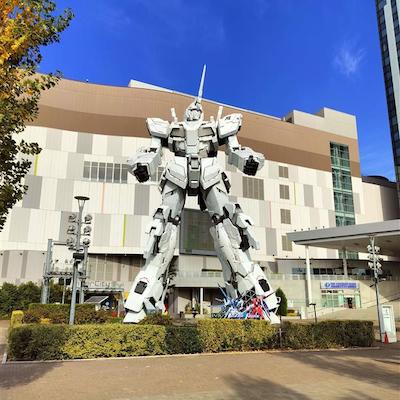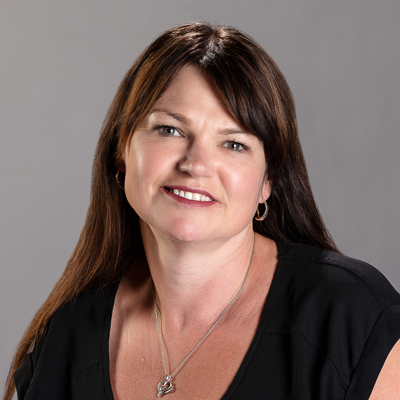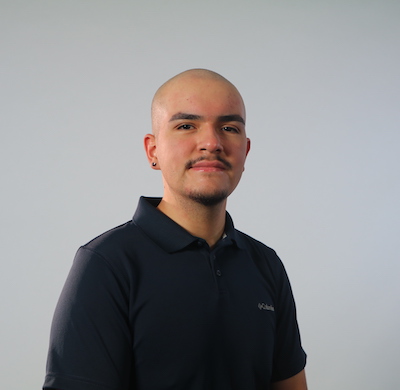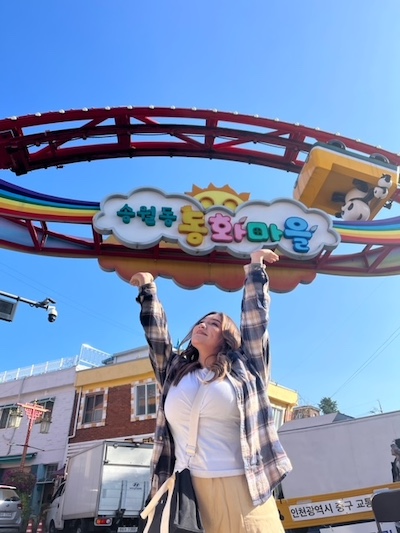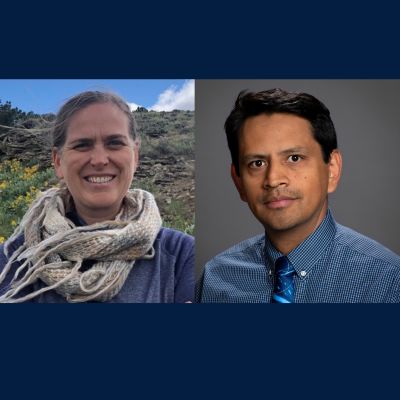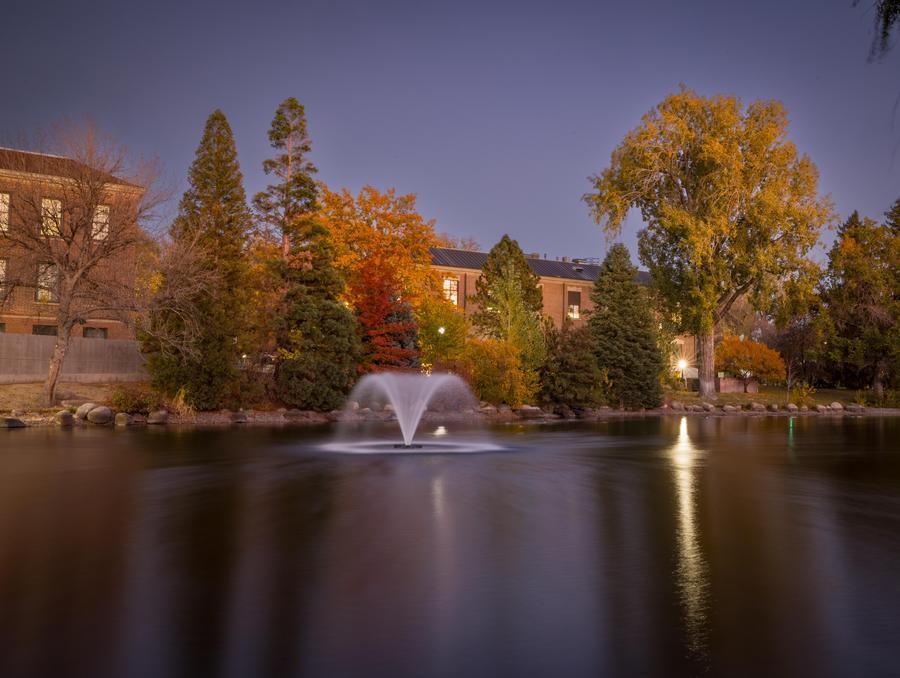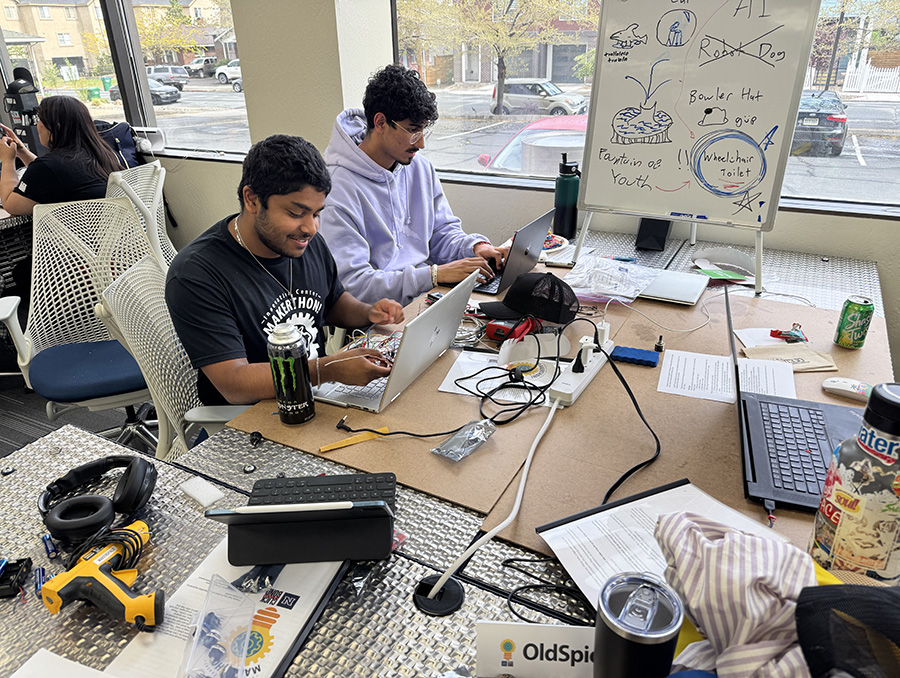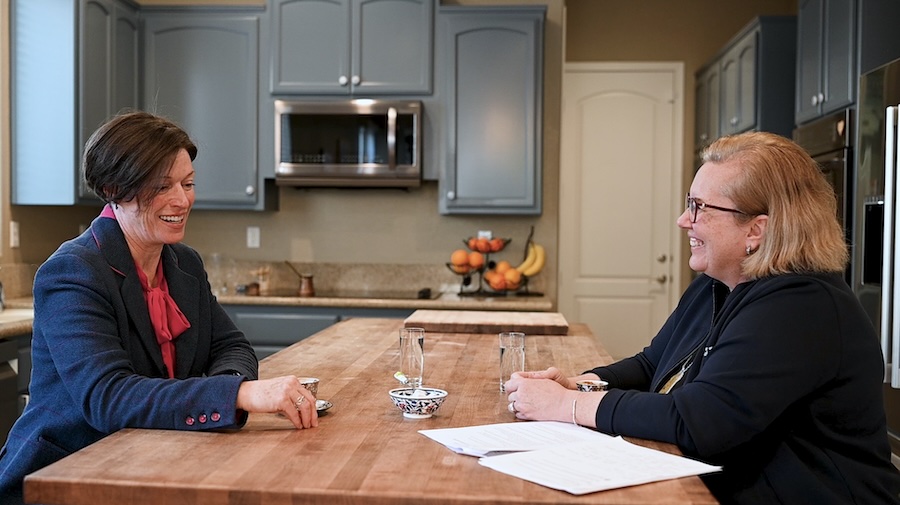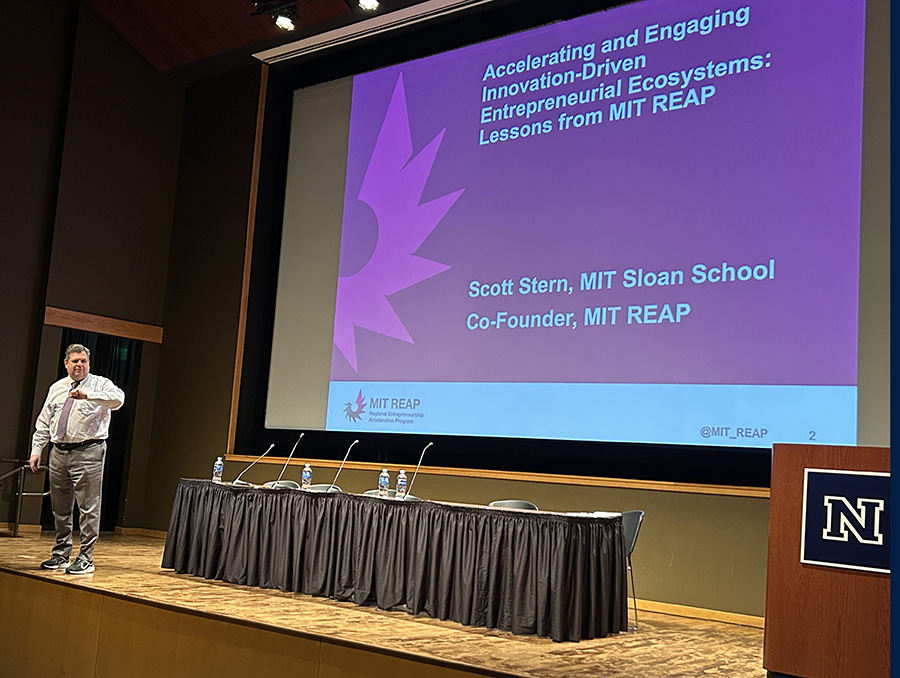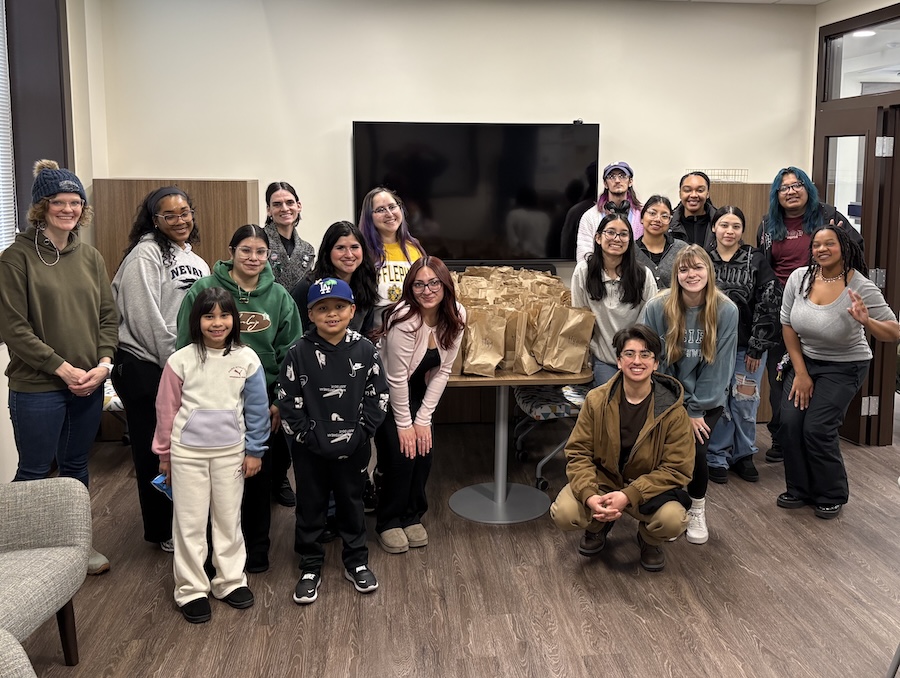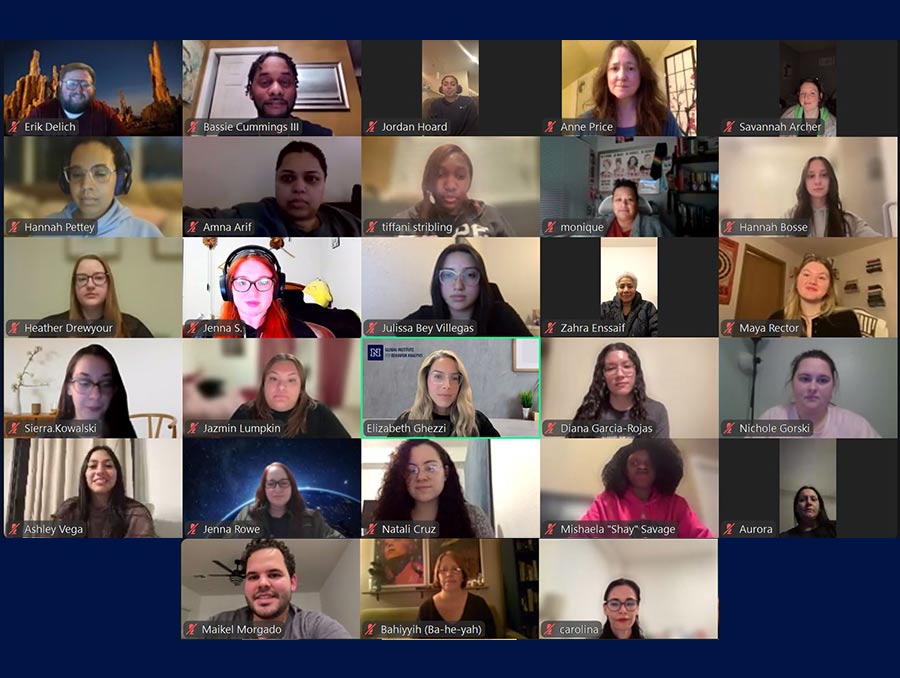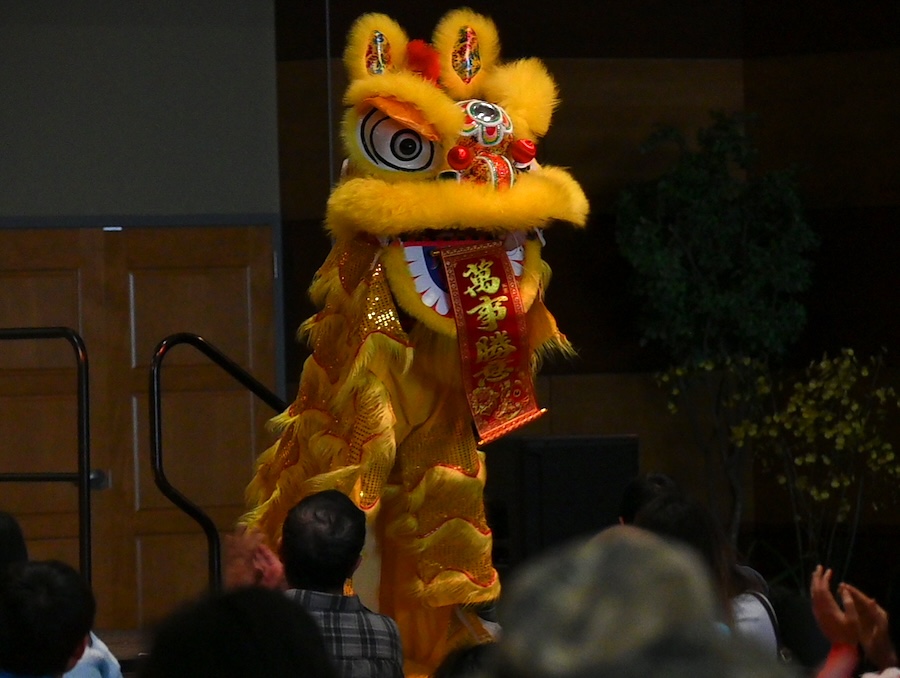Presenting Virtual Reality in Japan … in real life
Michael Wilson, specialist, Virtual Reality Programming & Development for University Libraries, discusses his experience demonstrating VR work from the @One while visiting Japan
Social Virtual Reality is a growing cultural phenomenon. Today its effects are entering into the real world more than ever. For example, as a result of having several friends and an established network in Social VR, in December 2023, that network presented an opportunity to me to travel to Japan to attend Vket Virtual Market and demonstrate the virtual reality-related work done in the @One Digital Media & Technology Center (@One), which is part of the University Libraries.
I learned about the presentation opportunity last summer when I went to Japan to visit a friend.
I wanted to investigate the first Vket REAL. Vket is the largest market event in virtual reality. Several times a year, hundreds of creators in the VR community attend to showcase their creations. Last year, a real-life adaptation of the event was announced.
As the first non-Japanese presenters in this event’s history, my colleagues and I from the @One demonstrated what we do for the Libraries and others. We shared details related to the @Reality, the @One’s augmented and virtual reality lab, where students can use headsets to access a large catalog of VR experiences. Notably, we also develop our own immersive experiences in-house, which center around preserving history and culture.
In the weeks before the event, we used VRChat to simulate our booth. I 3D modeled everything to get a feel of how it would look. In the early mornings, my presentation colleagues and I would wake up, put on our VR headsets, and practice speaking with our Japanese friends before they went to sleep. Thanks to their help, we translated a simple script to use when a guest didn’t know English.
Our booth had two major aspects: The first was demonstrating the Virtual Museum of Native American Basketry. Visitors to our booth were able to view high-resolution 3D scans of baskets made by weavers from over 25 different Indigenous tribes from the North American West.
The second aspect of our booth was teaching 3D digitization. This method is called photogrammetry. Visitors used an iPad to scan the objects located on our table. We ended up with a few dozen 3D scans and uploaded a VR world for visitors to see their creations after the event.
On event day, we were finally able to show things off. The event ran for about 7 hours, and at times our booth was overwhelmed with guests and supporters. The feedback we got was that visitors were impressed with the high level of detail of the 3D baskets, and they had fun learning photogrammetry.
Easily making friends across the world is one of the greatest things that Social VR platforms like VRChat offer today. You can travel across a universe of experiences and virtual places. These experiences have led me to make friends from all over the planet. My friends have taught me a lot. I’ve learned programming skills for developing my own VR experiences, and I’ve even learned a second language, Toki Pona.
While I don’t speak Japanese, I do speak Toki Pona. Toki Pona is a small, constructed language with only about 120 words, which I learned to speak through Social VR. To my surprise, I was able to teach photogrammetry and demonstrate the baskets museum using Toki Pona several times!
On a personal level, attending the Vket was exciting! I experienced new and upcoming VR technology at the corporate exhibition area. I met leaders of communities I enjoy in the community area. Naturally, I wanted to be a part of the next event! I asked about it, and a member of the global team connected me to the event organizers. I signed up with a translated-to-English application form, and soon I was invited to participate as a representative from the @One.
Presenting at Vket REAL was an exceptional experience. It’s all part of our mission to share our 3D digitization techniques and how they are expanding the unique collections of the University Libraries. The work we do at the @One impresses many, but I was pleased to see even the most dedicated VR enthusiasts share the excitement. And that’s the reality of it.
The photogrammetry of visitors to our booth is available for viewing.
You can visit the booth in Vket here, which was scanned using photogrammetry.

